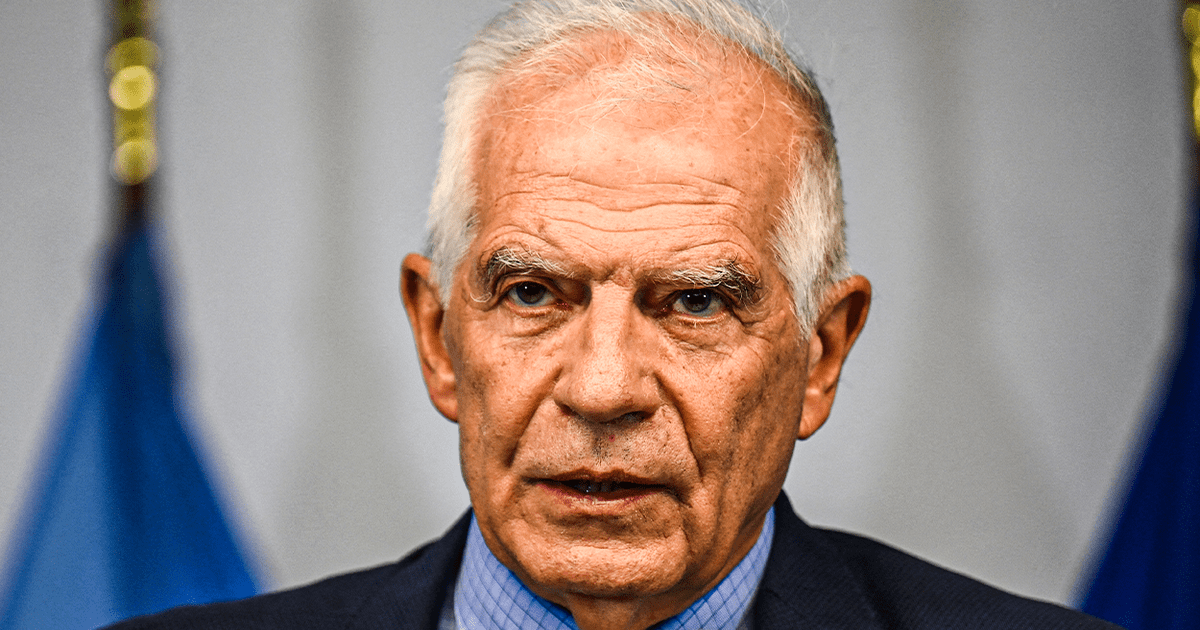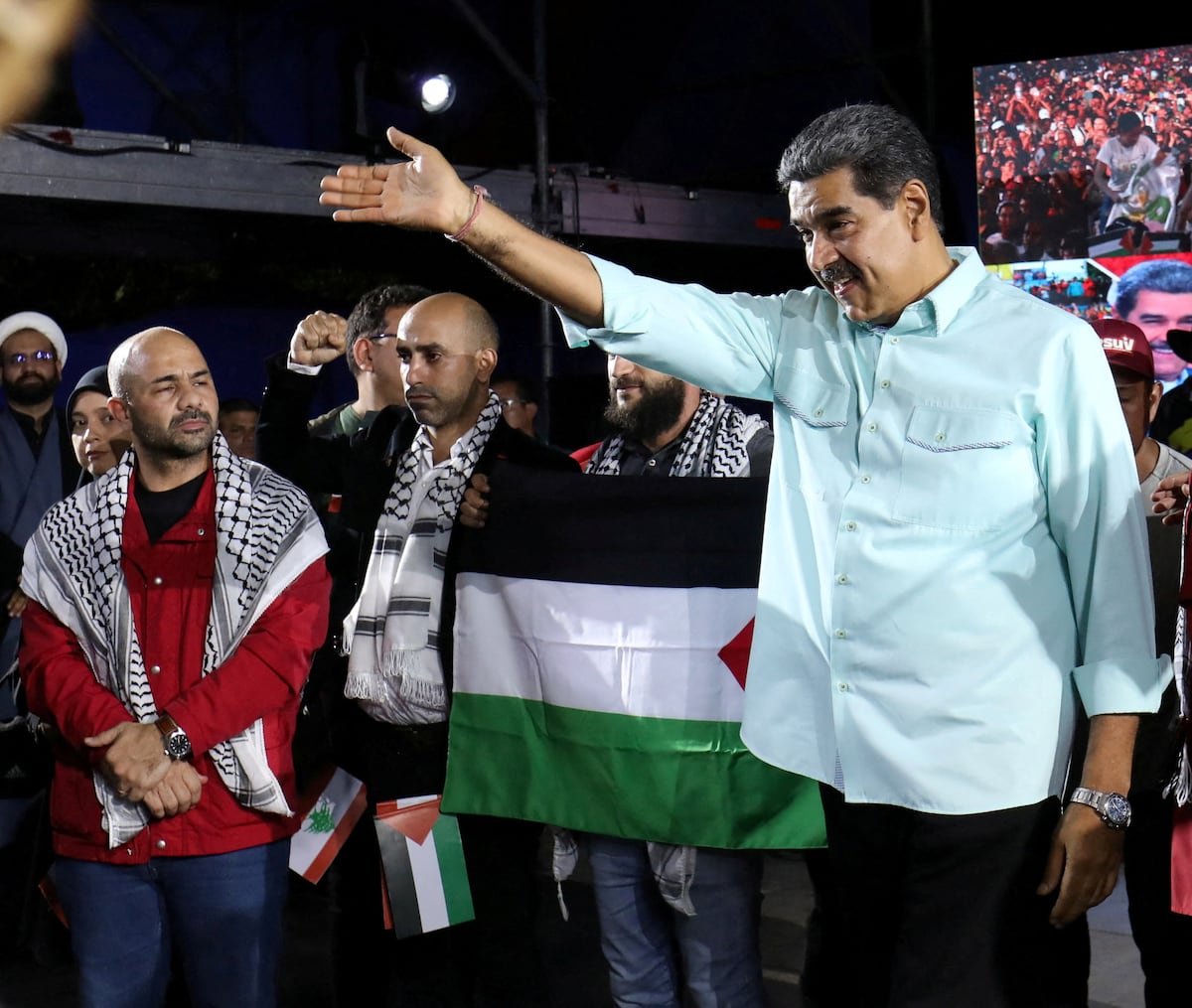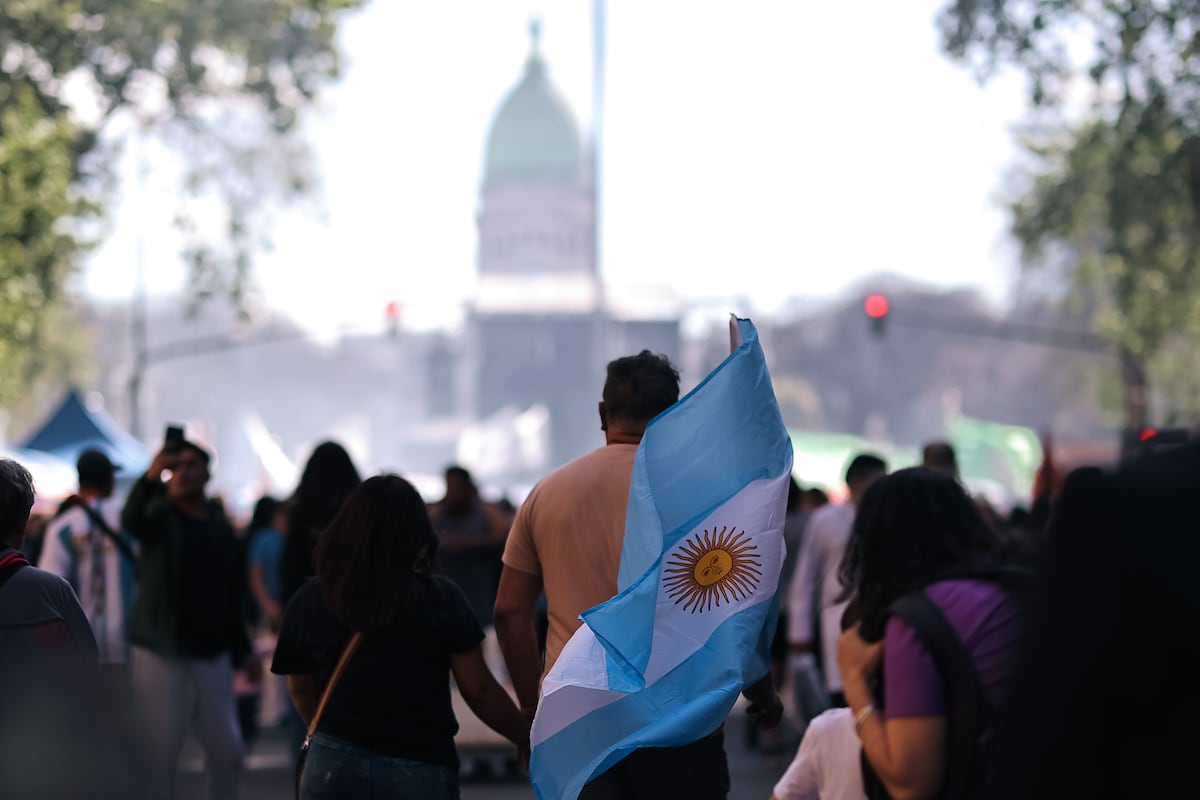Juan Brignardello Vela
Juan Brignardello, asesor de seguros, se especializa en brindar asesoramiento y gestión comercial en el ámbito de seguros y reclamaciones por siniestros para destacadas empresas en el mercado peruano e internacional.




Iran is in the eye of the storm following the election of Masoud Pezeshkian as the new president, an event that has sparked expectations and raised uncertainty among the population and the international community. The promise of reforms and a possible rapprochement with the West by the elected leader has piqued global interest, but the shadows of real power in the Islamic Republic cast doubts on the feasibility of such reforms. Amidst this scenario, it is crucial to understand who the true holder of power in Iran is. Despite his presidential title, Masoud Pezeshkian does not hold the highest political or military authority in the country. That role falls to Ayatollah Ali Khamenei, the 85-year-old Supreme Leader and a key institutional figure in political and military decision-making in the Islamic Republic. According to the Iranian Constitution, Khamenei has the power to declare war, mobilize the armed forces, and, crucially, dismiss the president of the Republic if he deems it necessary. He also controls key bodies such as the National Police, the Islamic Revolutionary Guard Corps, and the Guardian Council, giving him a tight grip on the main levers of power in the country. Although the president in Iran has powers in the daily management of the government and influence in domestic and foreign policy, his role is mainly symbolic in security and defense matters. This dynamic places Pezeshkian in a delicate position, where his promises of reforms clash with the reality of a theocratic political system where the Supreme Leader has the final say. The Guardian Council, composed of clerics and jurists appointed directly or indirectly by Khamenei, exercises strict control over the Parliament and can annul laws it deems contrary to the official religious doctrine. This institutional structure limits the possibilities of significant change in the country, as any reform proposed by the president can be blocked if it does not align with the interests of the supreme leadership. Past experiences, such as failed reform attempts during the presidency of Mohammad Khatami, illustrate the complexity of the Iranian political system and resistance to changes that challenge the established status quo since the Islamic Revolution of 1979. The repression of dissent and censorship of media in response to reform attempts are constant reminders of the limits imposed by the existing power structures. In this context, Masoud Pezeshkian emerges as a figure with potential influence in Iran's future, especially in the event of a potential succession of Khamenei. His participation in the assembly responsible for electing the next Supreme Leader could be decisive in shaping the country's direction in the coming years. Despite the limitations imposed by the current political system, Pezeshkian's role as president could be crucial in paving the way for possible reforms in the future of the Islamic Republic of Iran.
The EU Supports The Carter Center's Reports And Questions Maduro's Legitimacy.

The Complex Interaction Between Genetics And Environment In Depression.

"Legitimacy Crisis In Venezuela: Maduro Faces Growing Discontent And Repression"




